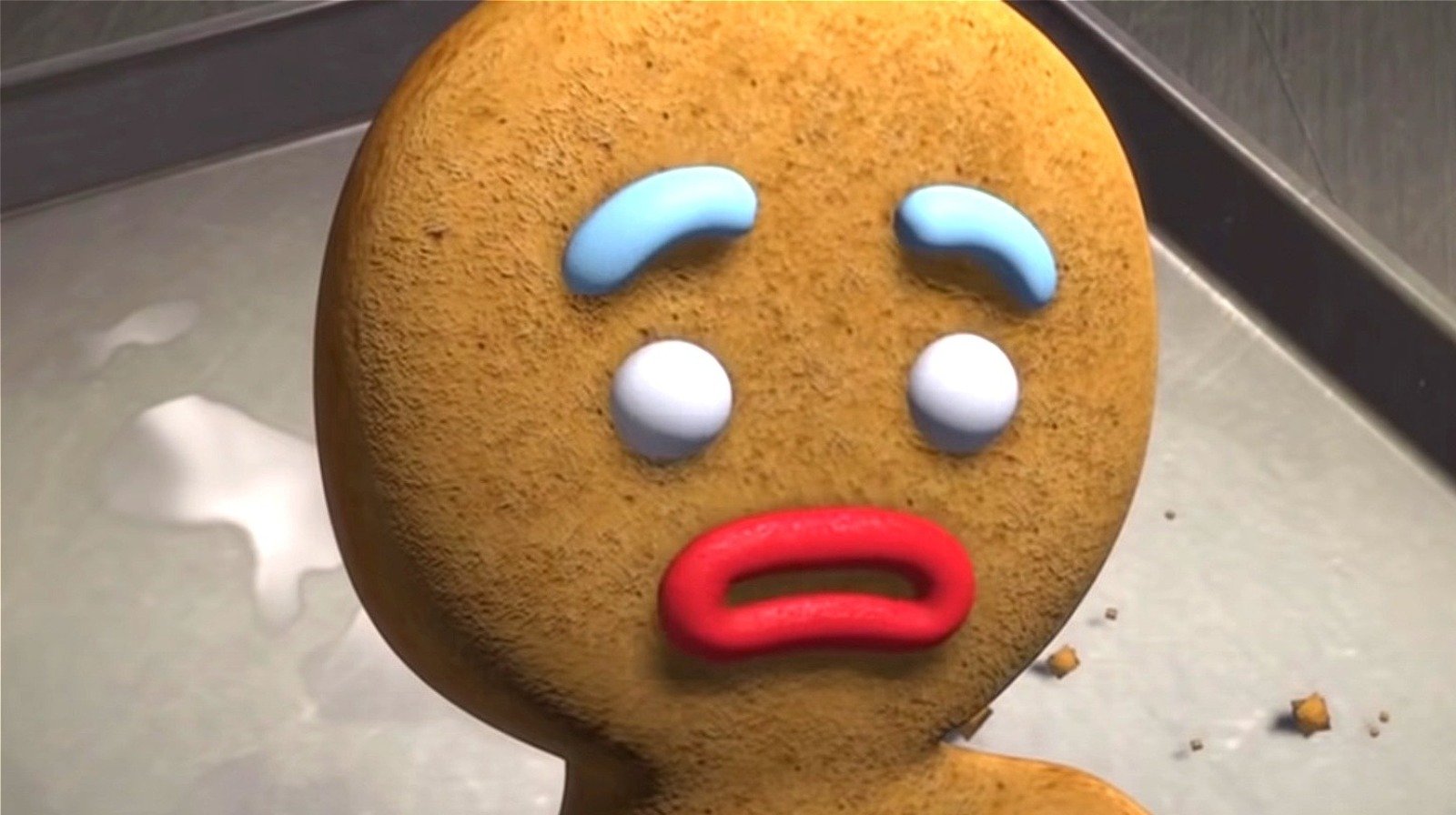Swiss food firm’s infant formula and cereal sold in global south ignore WHO anti-obesity guidelines for Europe, says Public Eye
Nestlé, the world’s largest consumer goods company, adds sugar and honey to infant milk and cereal products sold in many poorer countries, contrary to international guidelines aimed at preventing obesity and chronic diseases, a report has found.
Campaigners from Public Eye, a Swiss investigative organisation, sent samples of the Swiss multinational’s baby-food products sold in Asia, Africa and Latin America to a Belgian laboratory for testing.
The results, and examination of product packaging, revealed added sugar in the form of sucrose or honey in samples of Nido, a follow-up milk formula brand intended for use for infants aged one and above, and Cerelac, a cereal aimed at children aged between six months and two years.
In Nestlé’s main European markets, including the UK, there is no added sugar in formulas for young children. While some cereals aimed at older toddlers contain added sugar, there is none in products targeted at babies between six months and one year.
Nestle is a notorious scumbag company, personally I have avoided anything Nestle all my life, since when I grew up, there were already news about illegally bad quality/harmful formula food. I have NEVER heard a good thing about that company.
That’s surprisingly hard to do. Nestlé produces 35% of the products in a North American grocery store.
I felt so betrayed the other day when I looked at my San Pellegrino and saw it was a Nestlé company.
As of now, the only product I have to buy to support this atrocious company is Fancy Feast because it’s the only food my picky senior cat will eat.
I was so happy I could get my cat off of Purina.
Ugh their firm grip on the pet food market endlessly pisses me off. I paid for a fancy B Corp certified cat food brand for years before realising it had been bought out by Nestlé
You’re feeding your cat the equivalent of potato chips. No shit it’s all they want to eat lolEdit: I can’t read. See below
At least they’re hydrating potato chips. Kidney failure is a big problem for cats, sticking to an all-wet diet is already better than average.
they also tell doctors in these poor countries to give the stupid products to new mothers with perfectly normal milk production. they tell them it’s better than natural milk. It’s an American product, and they buy into it because they want their kid to be smart like an American. Nestle is an awful company.
Smart like an American?
If there was a profit in dropkicking the babies Nestle would be doing it in a heartbeat
Sugar and honey? Aren’t you not supposed to give honey to infants?
You can’t give them honey because it can cause botulism. The risk is greater with unpasteurized honey, but it seems pasteurized honey can also carry the bacteria and their weak immune system might not be able protect them.
It’s not the immune system, but rather their stomachs are not acidic enough to neutralize the bacteria.
They could still heat the honey enough in an industrial setting (beyond just pasteurization) to kill the bacteria as well, so I doubt that’s a real concern.
Maybe they are trying to cut cost to able to sell cheap in poor country
I really don’t like this article because it reminds me of the crazy health nut parents who get disgusted by fat babies and try to make them diet for “health” and instead starve them. Babies are supposed to be fat.
Is the writer here applying guidelines for adults to babies? Babies are supposed to take in foods that are high calorie. I think Nestle is a shit company, but I am extremely suspicious of the article.
Until recently in my country, baby formula for babies from 0 to 6 months had to be prepared with 3 grams of sugar or maltodextrin (and 2 ml of vegetal oil) every 100 ml (we had to add it manually along the formula powder). Because it was not enough. It changed because now we have access to formula that doesnt need to be modified to meet babies needs. Maybe the “per serving” in the article is misleading, and I didnt find a direct comparison between the exact product for the same age in the article. And, I don’t defend Nestlé either but I think the information given is very incomplete and only creates worry. English is not my first language.
2 to 6.8 grams of sugar is less than 2 teaspoons, it’s not much sugar. The US guidelines recommend substituting no-calorie sweeteners instead, so it’s probably just a manufacturing issue not some evil corporate plot. Also the honey is in a product for kids 1 year and older which is safe.
Just a small but very important correction: the article says 6 grams per serving. Giving them two extra teaspoons with the small amount that babies take is much more significant.
EDIT: A quick search said that one serving of baby food tends to be around 75g? That means that that’s 8% of it being pure sugar.
Maybe I missed it in the article, but isn’t it more expensive for Nestlé to add the sugar than to not use it? I don’t understand their motivation here. I mean, I assume it’s evil considering what company this is, I just don’t understand it.
Sugar is psychologically addictive







